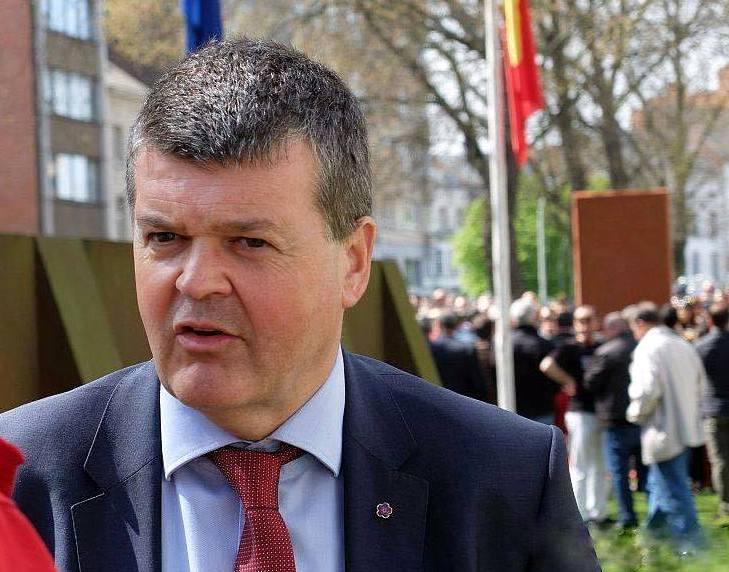The new Flemish government has planned several changes for its immigration policy, as integration is one of the main issues of the coalition agreement.
Bart Somers (Open Vld), will be the new minister responsible for Civic Integration.
Integration courses will no longer be obligatory for newcomers from other EU countries, but only for people outside the EU.
The courses, one for the Dutch language and one to help integrate into Belgian society, will now also cost a total of €360. Failing the exam and having to do a re-sit will cost €90.
What will happen when someone fails a re-sit is not yet clear, but there is talk of a recommendation on whether or not residence permits should be extended. However, it is the Federal government that decides on the conditions for extending residence permits, but the Flemish government has jurisdiction of the integration courses.
Newcomers can be fined between €50 and €5,000 for not starting a course in time. In 2018, 1,500 violations were recorded.
Where asylum seekers were encouraged to learn Dutch as soon as possible before, the new government agreement will only qualify asylum seekers who have been officially recognised as a refugee in Belgium for the courses. Paying for the courses will be difficult for refugees, but Minister-President Jambon has said that social services will help when possible, reports VRT NWS.
A basic knowledge of Dutch will be expected at the end of the course, and two years later, there will be a new follow-up exam. It will be up to the newcomers to gain the necessary proficiency. People who are working or studying by then will not have to take the second exam.
In future, all newcomers will also get a "buddy", a Belgian person who will help them on their way to build a network, spending at least 40 hours with each newcomer.
The new government agreement introduced restrictions on access to social security, which will only be available after having paid into the system for ten years, and put a stop the back payment of child allowance that asylum seekers receive for the months they have been seeking asylum, after they have been recognised.
For subsidised housing, priority will be given to people who have lived in a municipality for at least five years without interruption during the past decade. The measure is bound to impact newcomers hardest of all, reports De Tijd.
Maïthé Chini
The Brussels Times

